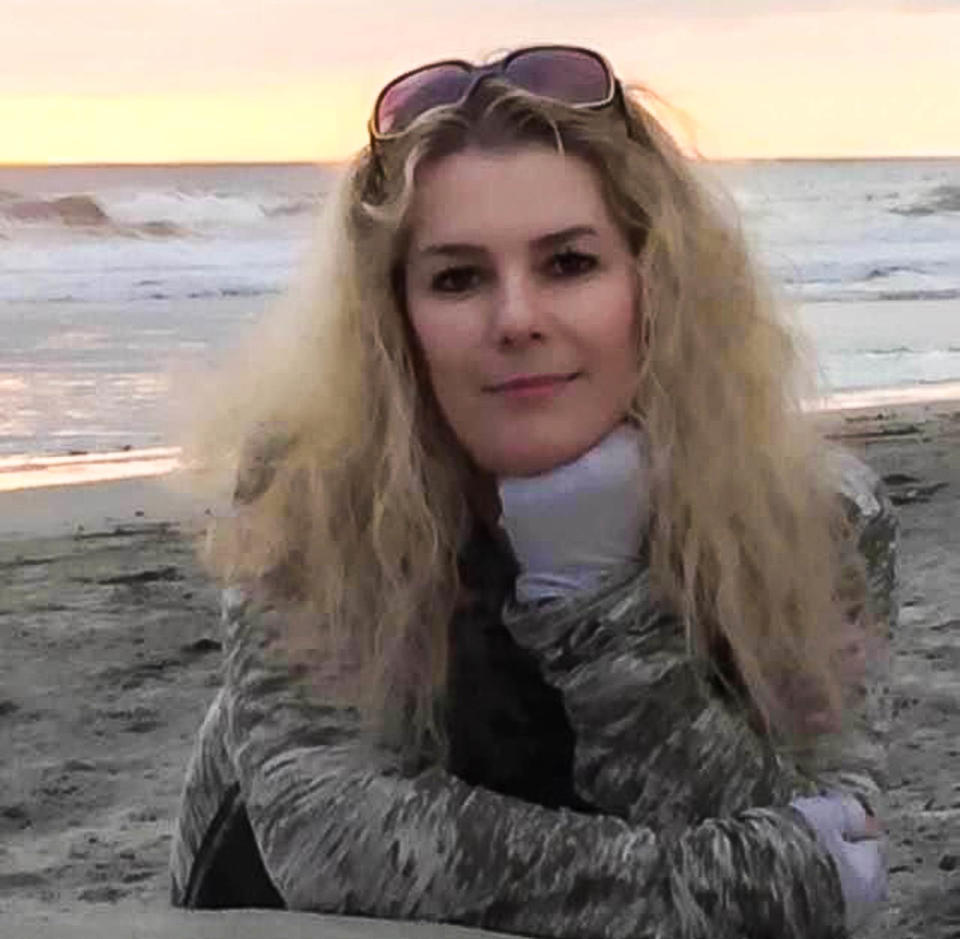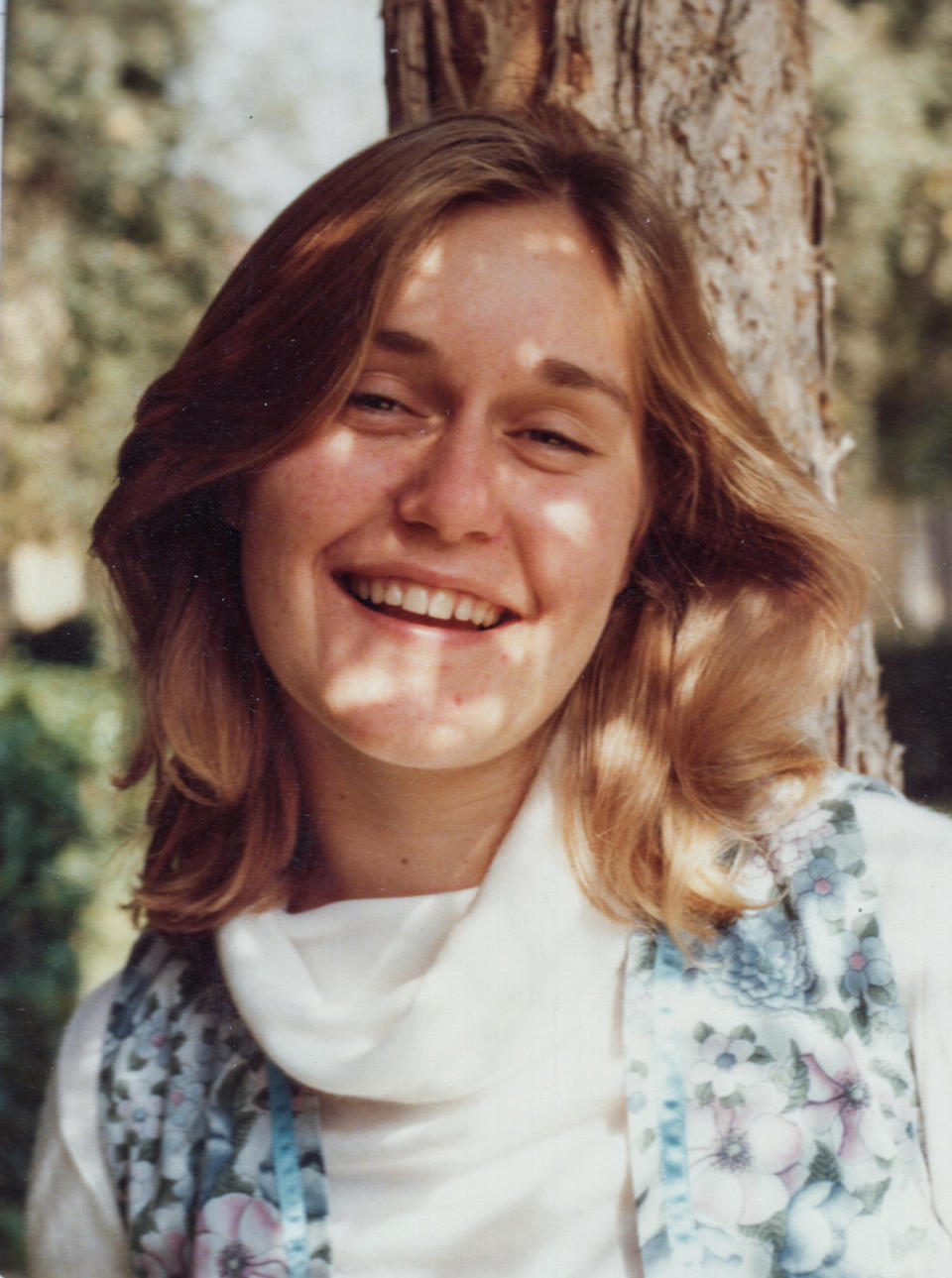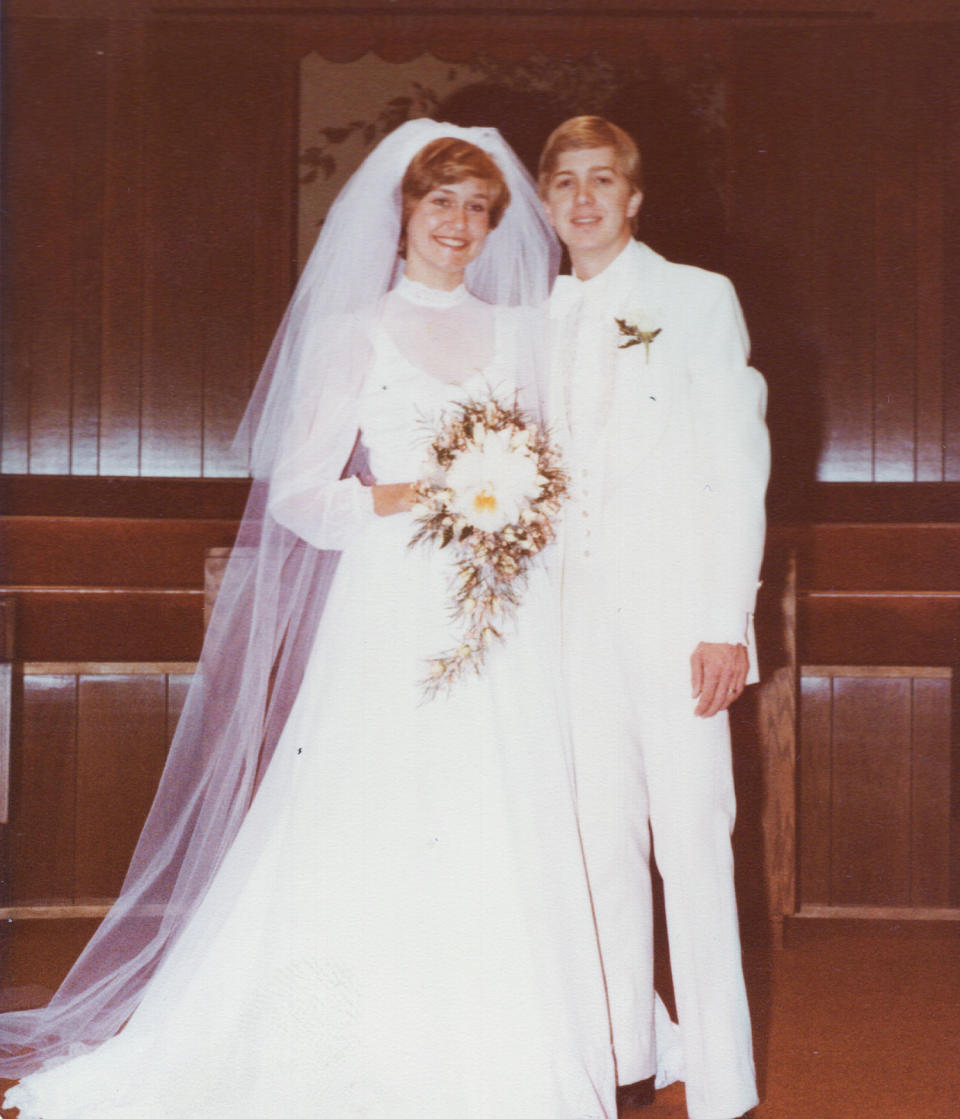Before a California bomber killed his ex-girlfriend, his wife died a 'mysterious' death, officials say
Stephen Beal was sentenced to life in prison last month over what authorities described as a “horrific act of violence” — a bombing at his ex-girlfriend’s Southern California spa that killed her and seriously injured two customers.
The 2018 death of Ildiko Krajnyak, 48, in the package bombing came roughly a decade after Beal’s wife died in what an official with the Los Angeles County Medical Examiner’s Office said at the time was a “mysterious case.” Now, federal prosecutors have weighed in with a filing that calls the circumstances surrounding the death “highly suspicious.”

Beal, 64, has never been accused of a crime in Christine Beal’s March 8, 2008, death, which the medical examiner’s office concluded was “probably natural.” Beal won a half-million dollar lawsuit against an insurance company that initially denied an accidental death claim he filed in the months after she died.
But in the Jan. 5 filing, prosecutors with the U.S. Attorney’s Office for California’s Central District pointed to several factors in Christine’s death, including elevated lead levels in her body during a toxicology analysis and her husband’s “failure” to cooperate with medical staff. They made the allegation in a filing that urged the judge in the bombing case to consider the death as she determined Stephen’s prison sentence.
During the Jan. 19 sentencing hearing, U.S. District Court Judge Josephine Staton said she would not take Christine’s death into account in her decision. She called Stephen’s crimes targeting Krajnyak “calculated” and “chilling” and sentenced him to life in prison plus 30 years for four felony charges, including the use of a weapon of mass destruction resulting in death.
And he’s set to be sentenced this month in a separate case in which he pleaded guilty to wire fraud and other crimes after failing to report hundreds of thousands of dollars from his wife’s estate and fraudulently obtaining insurance benefits and Social Security payments, the prosecutor’s office said.
One of his lawyers in that case, Meghan Blanco, told “Dateline” that he pleaded guilty to avoid the stress of another trial.
In the bombing case, Stephen has maintained his innocence and is appealing his conviction. Blanco, who is also representing him in that case, said her client had no reason to target Krajnyak and much of the government’s evidence was “subjective.”
Stephen and Christine’s oldest child, Charlene Brown, told “Dateline” that the possibility that her father — a former executive consultant who built model rockets as a hobby — killed her mother “never crossed my mind.” Her parents had a strong marriage, she said, and her mother’s death was “completely an accident — a horrible one, a tragic one.”

“Anything else to the contrary is completely absurd,” Brown said.
Mark Takla, a federal prosecutor in the bombing case, agreed that Christine’s death was horrible and tragic.
But, he said in an interview with NBC News, “we believe the death was suspicious.”
Takla referred questions about whether the death was under investigation to local and federal law enforcement agencies.
An FBI spokeswoman referred NBC News to the Long Beach Police Department. A spokesperson for the police department said detectives previously investigated allegations that Christine had been poisoned and found no evidence to support the claim.
A fall down the steps and a ‘mysterious’ death
The fall that Brown believes led to her mother’s death occurred on Feb. 16, 2008, while Christine and Stephen were carrying a piece of furniture down a flight of stairs in their Long Beach home, she said. She said Stephen was holding the top of what the insurance lawsuit described as a 49-pound table.
Christine — who was 48 at the time and in “the best shape of her life,” according to Brown — was below.
They lost their balance, Brown said, and her mother fell half-way down the one-story set of curved, carpeted stairs. The furniture landed on her abdomen, and Stephen fell “on top of the pile,” Brown said.
After the fall, Christine was in “excruciating” pain, Brown said, and her father took her to different doctors in the weeks that followed. Brown said her mother never accused her husband of intentionally pushing her down the stairs.
According to a coroner’s report, those visits revealed contusions and bleeding, and Christine reported fatigue, constipation and other symptoms. On March 8, after several days of vomiting, Christine was pronounced dead at a Long Beach hospital, according to the report.
An autopsy completed later that year determined her cause of death as pancreatitis — when the organ becomes inflamed — an electrolyte imbalance and other unknown factors. The manner of death was listed as undetermined.
“Whether or not trauma played any role is not known,” the autopsy reads. “There is no evidence of foul play. Death is probably natural.”
“Mysterious case,” the official who wrote the report added.
Elevated lead levels in her body
The autopsy also listed chronic lead intoxication as a contributing factor to her death. A toxicology analysis revealed blood lead levels that were roughly four times the amount typically found in an adult, the analysis says. The source of the lead was unknown, according to the autopsy.
Prosecutors pointed to the detail in last month’s filing as evidence of the suspicious circumstances around his wife’s death. The filing notes that Stephen bought lead tetraoxide in the months before her death and includes two invoices that identify the Virginia pyrotechnics company where he purchased the compound.
The filing does not provide additional details about what Stephen may have used the lead for, and Takla, the federal prosecutor, said he didn’t have additional information either.
The Long Beach police investigation, which began the same year as the deadly blast at the spa, looked at whether Christine had been poisoned with lead.
“Detectives did not find any evidence to suggest Beal’s exposure to lead was a criminal act,” the department spokesperson said.
Brown said her family believes the elevated lead levels may have come from a house her parents had fixed up. Her father experienced what she described as an exposure that was far more serious than Christine’s, with symptoms that included cognitive issues and extreme fatigue. She said her father finished treatment for lead poisoning a few months before her mother’s death.
The filing says Stephen attributed his wife’s lead poisoning to a prior owner of their home who made fishing lures in the house.
In general, some fishing gear is made of lead, but prosecutors did not provide additional details about Stephen’s claim.
‘Uncooperative’ at the hospital
Federal prosecutors pointed to another detail in a coroner’s report that was written eight days after Christine’s death. In the report, an investigator noted that when Christine was admitted to the ICU, her medical history was unknown and Stephen was reported as “uncooperative.”
He did not want “to ‘reveal’ information to the hospital staff about decedent,” the report says.
Brown attributed her father’s reaction to frustration with the medical system.
“He was done with the fact that they pursued as much medical help as they could have … and she died anyway,” Brown said. “I think he was very much in mourning. And I think he was tired of dealing with the same questions again and again when the answer was the same.”

New insurance policy
Another detail prosecutors highlighted in the filing was an accidental death insurance policy obtained through Stephen’s job in the weeks before Christine fell down the stairs. Christine was insured under the plan, according to the lawsuit Stephen later filed over the policy.
It wasn’t clear if Stephen was also covered, and Takla said he couldn’t provide additional information. The lawsuit only says the policy was taken out on Jan. 1, 2008, it doesn't say why and the lawyer who represented Stephen in the case did not respond to a request for comment.
Eight months after Christine’s death, Stephen filed a claim that was denied. A medical expert who reviewed the case for the insurance company couldn’t definitively say how Christine died, according to a judge’s decision in the lawsuit Stephen filed after the payout was rejected.
But a forensic pathologist who reviewed the case for Stephen found the opposite, saying that it was “difficult, if not impossible to conclude that the fall was not a substantial factor in the death of Ms. Beal.”
When the insurance company continued to deny the claim, Stephen filed a lawsuit against his employer and the insurance company, seeking half a million dollars in benefits. The judge sided with Stephen, saying the insurance company’s expert hadn’t used the correct standard in determining whether Christine’s death was accidental.
On March 1, 2011, Stephen was awarded $550,000, a judgment in the case shows.
Brown said she didn’t recall her father saying much about the lawsuit or the money, and in the years following her mother’s death, he appeared to be in a prolonged state of grief — until he met Krajnyak, she said.
After her father was charged in Krajnyak’s death, Brown said the allegations didn’t “make any logical sense.” Her killing didn’t fit with the person she’d always understood her father to be, she said.
“At this point in time, I 100% believe in his innocence and that this is a misguided attempt at justice,” she said. “If it turns out to be different than that, then I’ll deal with that, if that comes.”
This article was originally published on NBCNews.com

